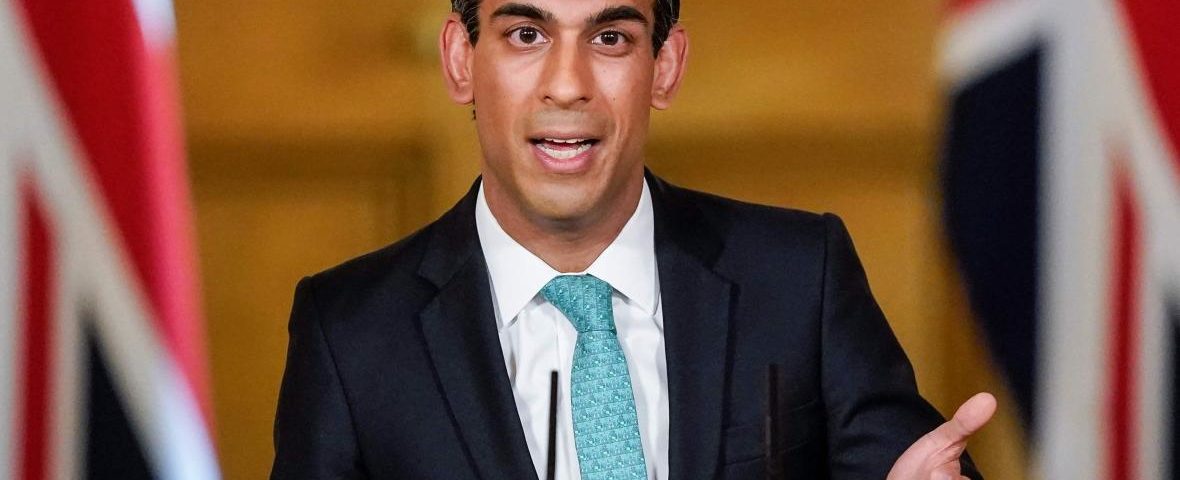Chancellor Extends Self-Employment Support Scheme and Confirms Furlough Steps

Covid-19: Scottish Lockdown Easing To Begin
29/05/2020
Business Round-Up – 1 June 2020
01/06/2020Chancellor Extends Self-Employment Support Scheme and Confirms Furlough Steps

Rishi Sunak - Chancellor
The Chancellor Rishi Sunak has tonight confirmed that the government’s Self-Employment Income Support Scheme will be extended, giving more security to individuals whose livelihoods are adversely affected by Covid-19 in the coming months.
Those eligible under the Self-Employment Income Support Scheme (SEISS), which has so far seen 2.3 million claims worth £6.8 billion will be able to claim a second and final grant in August. The grant will be worth 70 per cent of their average monthly trading profits, paid out in a single instalment covering three months’ worth of profits, and capped at £6,570 in total.
The Chancellor also set out more details on how the Coronavirus Job Retention Scheme (CJRS) will continue to support jobs and business as people return to work, following the announcement of an extension of the scheme on 12 May.
From 1 July 2020, businesses will be given the flexibility to bring furloughed employees back part-time. This is a month earlier than previously announced to help support people back to work. Individual firms will decide the hours and shift patterns their employees will work on their return so that they can decide on the best approach for them – and will be responsible for paying their wages while in work.
The scheme updates mean that the following will apply for the period people are furloughed:
- June and July: The government will pay 80% of wages up to a cap of £2,500 as well as employer National Insurance (ER NICS) and pension contributions. Employers are not required to pay anything;
- August: The government will pay 80% of wages up to a cap of £2,500. Employers will pay ER NICs and pension contributions – for the average claim, this represents 5% of the gross employment costs the employer would have incurred had the employee not been furloughed;
- September: The government will pay 70% of wages up to a cap of £2,190. Employers will pay ER NICs and pension contributions and 10% of wages to make up 80% total up to a cap of £2,500. For the average claim, this represents 14% of the gross employment costs the employer would have incurred had the employee not been furloughed; and
- October: The government will pay 60% of wages up to a cap of £1,875. Employers will pay ER NICs and pension contributions and 20% of wages to make up 80% total up to a cap of £2,500.
Responding to the UK Chancellor Rishi Sunak MPs’ announcement, Dr Liz Cameron, Chief Executive of the Scottish Chambers of Commerce said:
“Businesses are mindful that the Coronavirus Job Retention Scheme has cost billions and the pot of money to support employers and the economy is not unlimited. This has been a lifeline for the majority of Scottish businesses preventing a mass tsunami of people losing their jobs.
“The big challenge for Scottish businesses is the UK government’s new tapered approach is not aligned with the Scottish Government’s roadmap. This misalignment will affect crucial areas of the economy such as tourism which are forced to close for longer.
“Before tapering hits, we need to ensure all sectors of our economy are able to generate trade so they are able to pay employees. Currently, there is still a lack of clarity for businesses in Scotland over when they can re-open. “We urge the chancellor to adopt measures to ensure that businesses facing ruin as the furlough scheme tapers aren’t forced to fall at the last hurdle.


